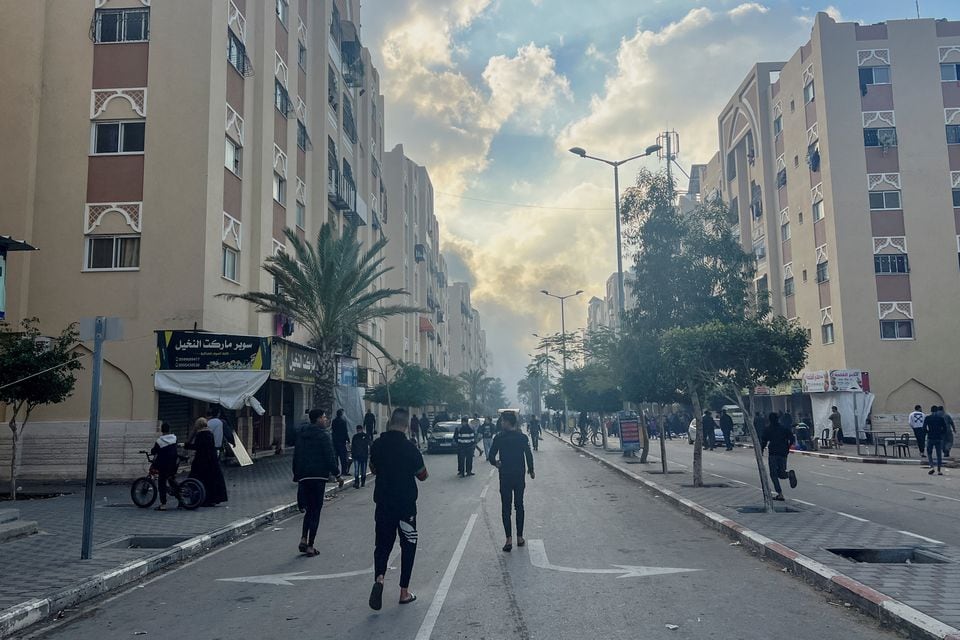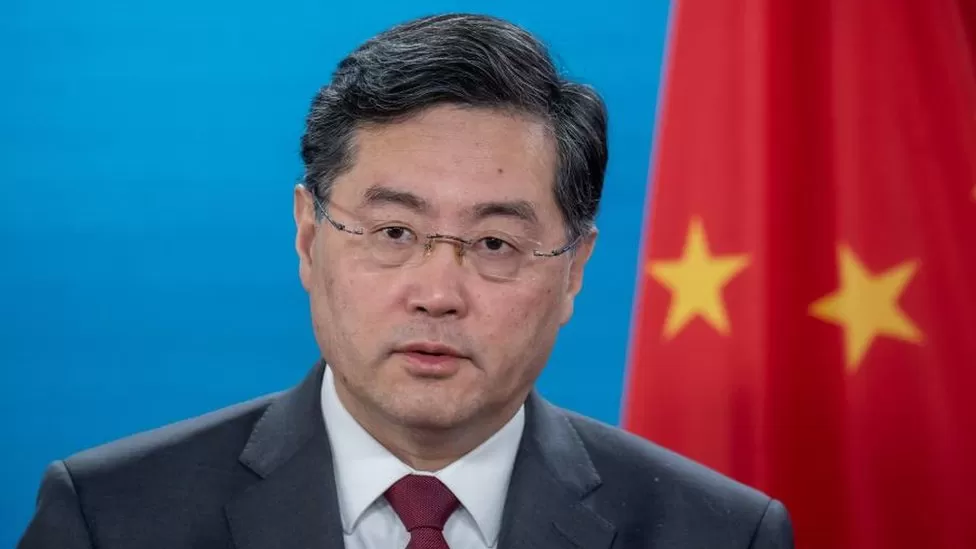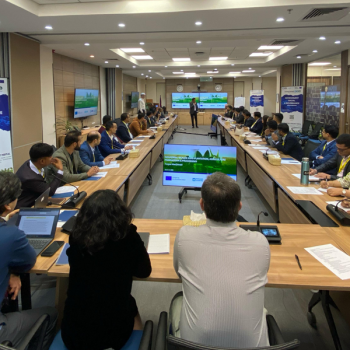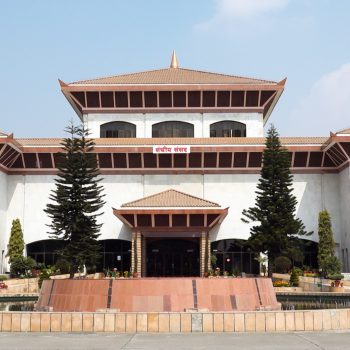Crisis-hit Sri Lanka hikes tax rates to maximise govt revenues
 NepalPress
NepalPress
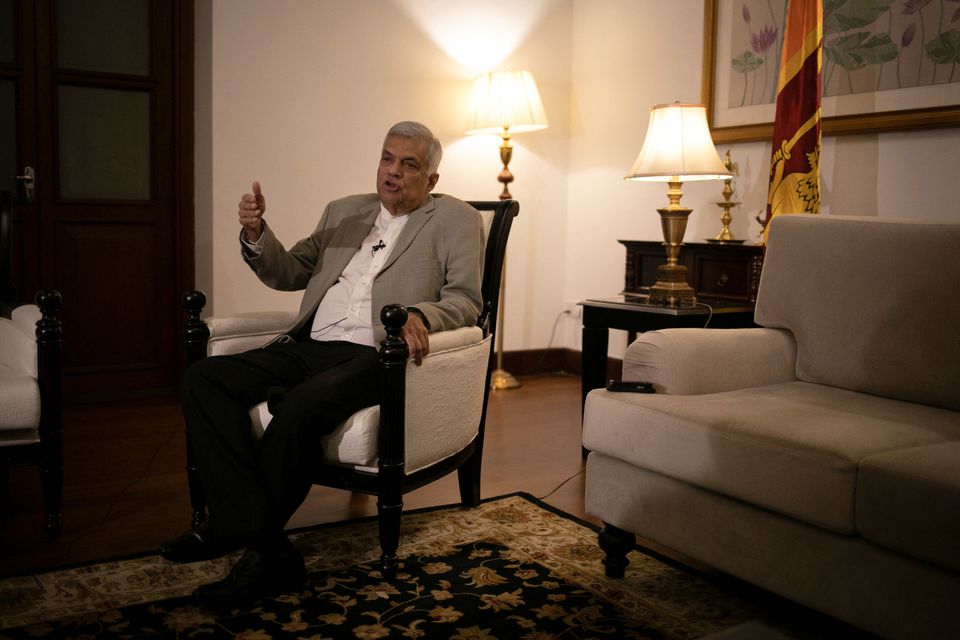
Sri Lanka’s cash-strapped government on Tuesday announced a taxation overhaul to boost revenue amid the country’s crippling economic crisis, hiking value added taxes and corporate income tax, and slashing the relief given to individual taxpayers, Reuters reported.
Prime Minister Ranil Wickremesinghe, who took office this month and plans to present an interim budget within weeks, said measures were necessary as the current state of government finances was unsustainable.
“The implementation of a strong fiscal consolidation plan is imperative through revenue enhancement as well as expenditure rationalization measures in 2022,” Wickremesinghe’s office said in a statement.
Sri Lanka’s inflation rose to 39.1% in May, its statistics office said on Tuesday – a record level, compared to the previous high of 29.8% set in April.
An increase in Value Added Tax (VAT) to 12% from 8% with immediate effect is among the key tax increases announced on Tuesday, which is expected to boost government revenues by 65 billion Sri Lankan rupees ($180.56 million).
Other measures, including increasing corporate income tax to 30% from 24% from October, will earn an additional 52 billion rupees for the exchequer.
Withholding tax on employment income has been made mandatory and exemptions for individual taxpayers have been reduced, the statement said.
The island nation of 22 million people has been battered by its worst economic crisis since independence from Britain in 1948, with a severe shortage of foreign currency stalling imports of essentials, including food, fuel and medicines.
The roots of the crisis lie in tax cuts enacted by President Gotabaya Rajapaksa in late 2019, which came months before the COVID-19 pandemic that battered the country’s lucrative tourism industry and led to a drop in foreign workers remittances.
The tax cuts caused annual public revenue losses of about 800 billion rupees, the prime minister’s office said in its statement.
The new tax regime and COVID-19’s impact, together with the pandemic relief measures, widened the budget deficit significantly to 12.2% of GDP in 2021 from 9.6% of GDP two years earlier.
In an interview with Reuters this month, Wickremesinghe – who also holds the finance ministry portfolio – said he would cut expenditures down “to the bone” in the upcoming interim budget and re-route funds into a two-year relief programme.
The tax hikes are aimed at putting public revenues back at pre-pandemic levels and focused on fiscal consolidation as the country seeks a loan package from the International Monetary Fund (IMF), said Lakshini Fernando, a macroeconomist at investment firm Asia Securities.
“The tax increases are definitely a very positive first step, especially for IMF talks and debt restructuring,” Fernando said.
“This was required to take forward discussions and will also help the government in talks with bilateral and multilateral partners to secure more funding,” Fernando said.




